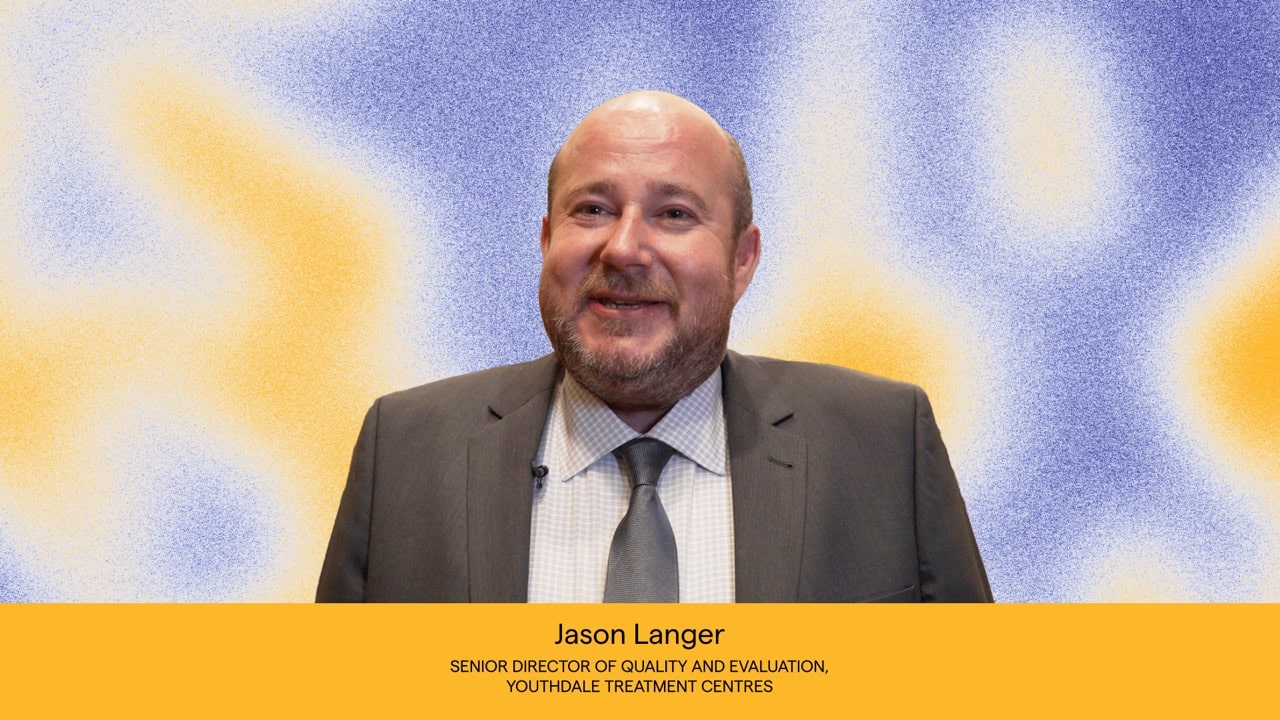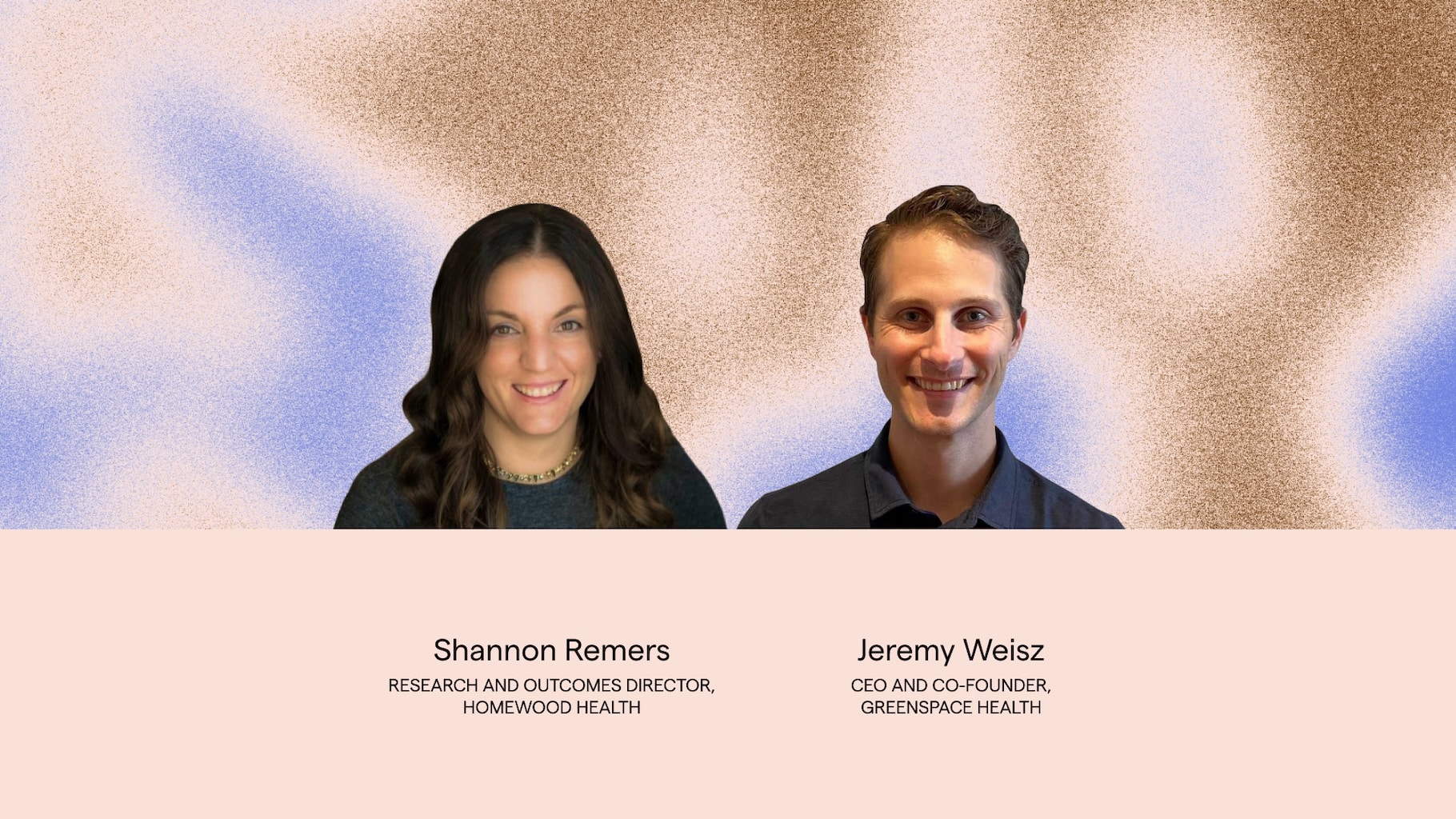
As the Coronavirus situation remains serious and unpredictable, traditional mental health services are learning to adjust to the ‘new normal’. Many mental health clinics and providers are uncertain on how to best support their clients while still adhering to social distancing rules and following government recommendations. Psychology Matters, a mental health clinic in Barrie, Ontario shared with us what their transition to working remotely was like and how they were able to support their clients while maintaining engagement.
Psychology Matters is a mental health clinic comprised of psychologists, psychological associates, psychometrists, and psychotherapists, that have seamlessly made the transition to effectively supporting clients remotely. The clinic provides services to help their clients address a wide range of issues including depression, relationship issues, addictions, health challenges, trauma, and loss. The also have a large focus on working with the first responder population.
When the severity of the Coronavirus pandemic was escalating in early March, Lara Sigurdson, Clinical Psychologist and CEO of Psychology Matters began planning how the clinic would transition to remote service delivery. Lara saw it as critical that they have open and honest conversations with clients around video counselling.
Lara said that “during the early stages when it was not yet announced that we were in a state of emergency, we tried our best to get clients used to the idea of working in a secure video format. We were forthcoming and let them know that it was likely a transition we would have to make in the very near future in order to keep staff, clients and the public safe”. They also discussed the risks and benefits of working in this alternative treatment format.
Many of the clinic’s clients were initially apprehensive to make the switch to video counselling. Indeed, therapists had their worries too. There were concerns that it would be uncomfortable and not as effective as traditional face to face therapy. The clinicians at Psychology Matters did their best to openly address these concerns, but despite their efforts, the clinic initially saw a decrease in client engagement.
After introducing the idea of secure video treatment to their clients, the next step in transitioning to working remotely was to implement Greenspace’s progress measurement platform.
“It was the next logical step in making sure we could still service our clients and track progress through therapy, as we were no longer able to track progress using paper assessments in office. Greenspace allowed us to deliver assessments remotely and then immediately view the results and data. This has streamlined assessment delivery and allowed us to better assess and respond to client needs”, Said Lara.
Using Greenspace allowed the clinicians to continue administering evidence-based assessments to their clients online. Lara said, “Greenspace’s progress measurement platform helped smooth the transition to working remotely, as it has allowed us to consistently measure progress and engage our clients in the process.”
Lara shared that Psychology Matters’ experience was that once clients became acclimated to the new social distancing rules and the concept of secure video treatment (approximately 2 weeks after making the changes), the clinic began to see an increase in client engagement and willingness to engage remotely. “We are actually finding there are interventions that we can do in this format that we couldn’t in the office. Clients can share in vivo exposure protocols in real time, rather than reporting results later in in-person sessions. We’ve also noticed that some of the more resistant clients were making considerable gains as they could do interventions from the comfort of their own homes. They liked having their dog with them on the couch or having coffee in their favorite mug as we worked”.
In addition to good foresight in launching secure video treatment, and a lot of flexibility and commitment on the part of their team, a key component of their initial success has been using Greenspace to efficiently complete evidence-based measures with their clients, and engaging clients in the process. Clients now can monitor their own progress, feel more connected while isolating and are able to self-identify when they are making positive strides, and when they may need more support.
There will be challenges and barriers when transitioning from traditional in-person mental health services to remote services during this difficult time, but Psychology Matters is an illustration of how it can be done successfully. If you have any interest in learning more about how Greenspace can help support this transition, please do not hesitate to contact us.











